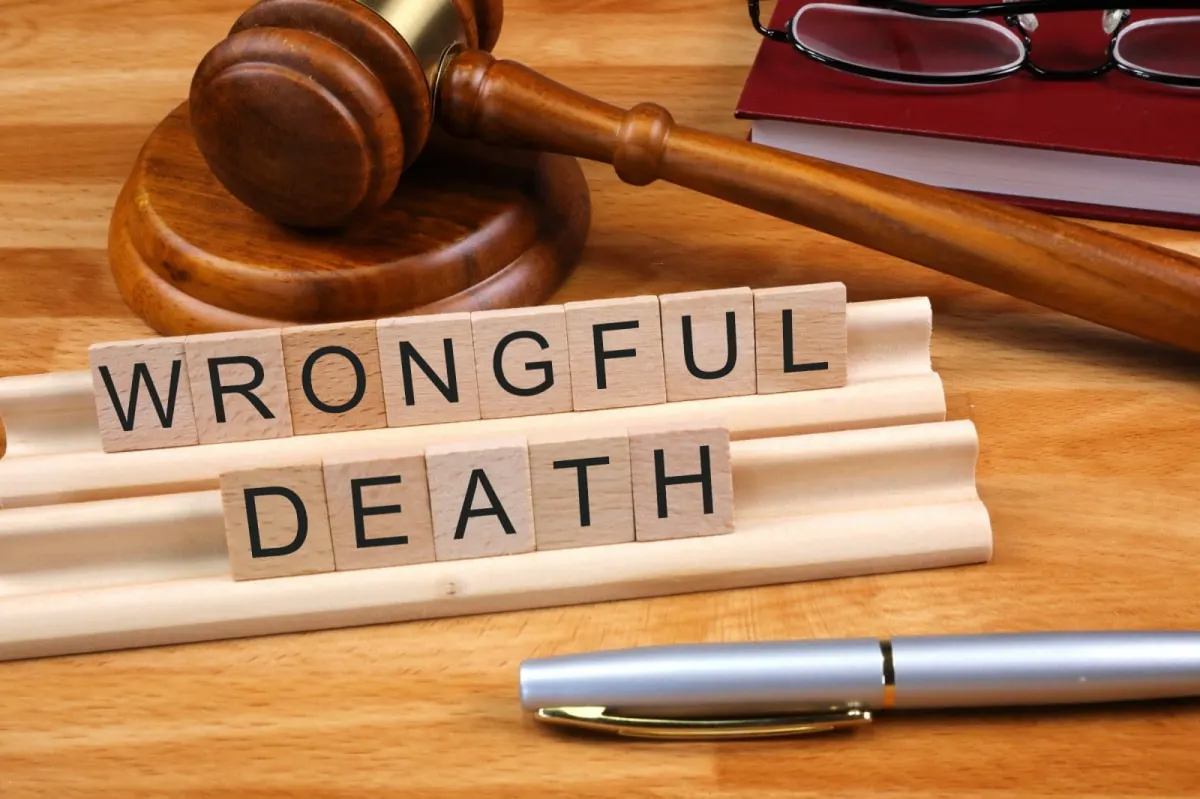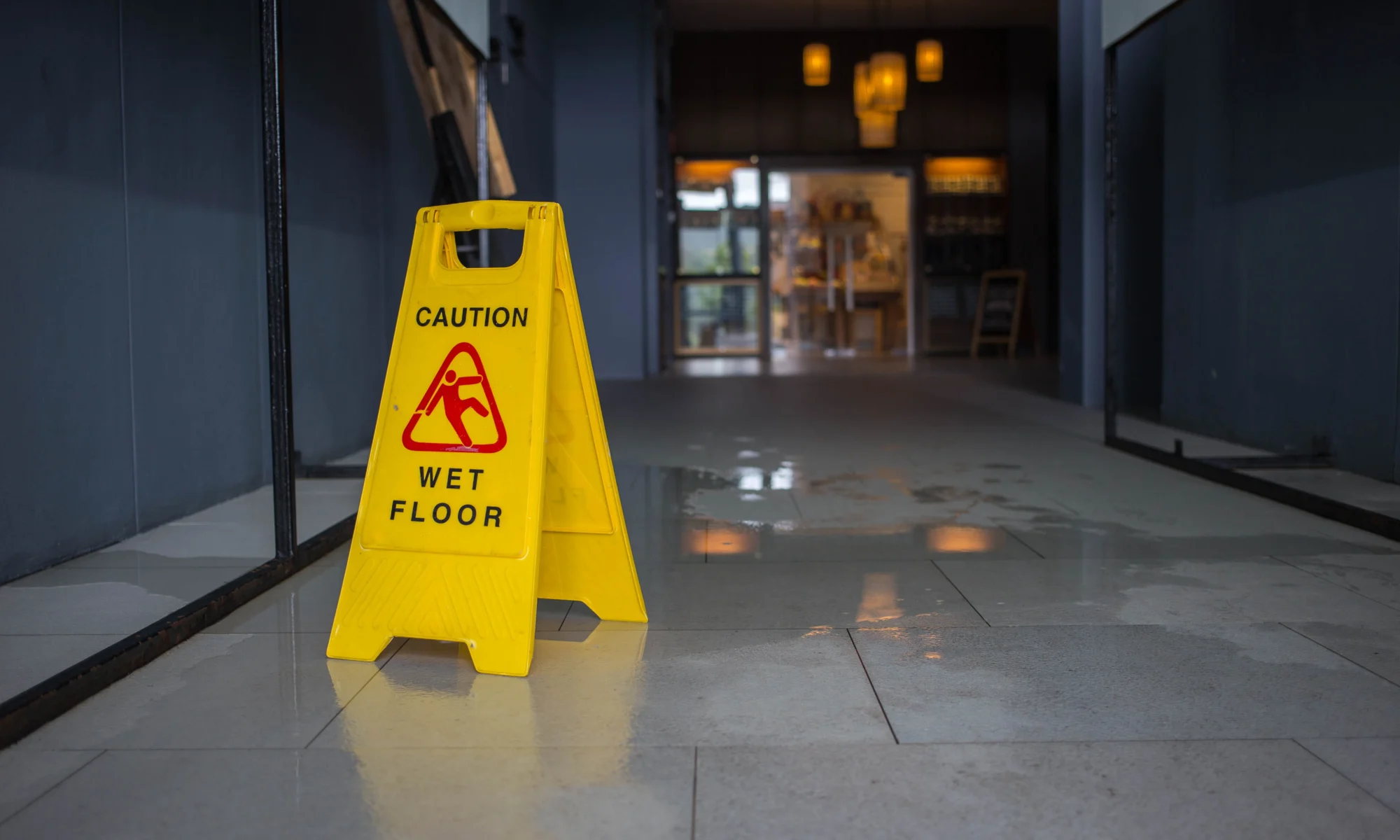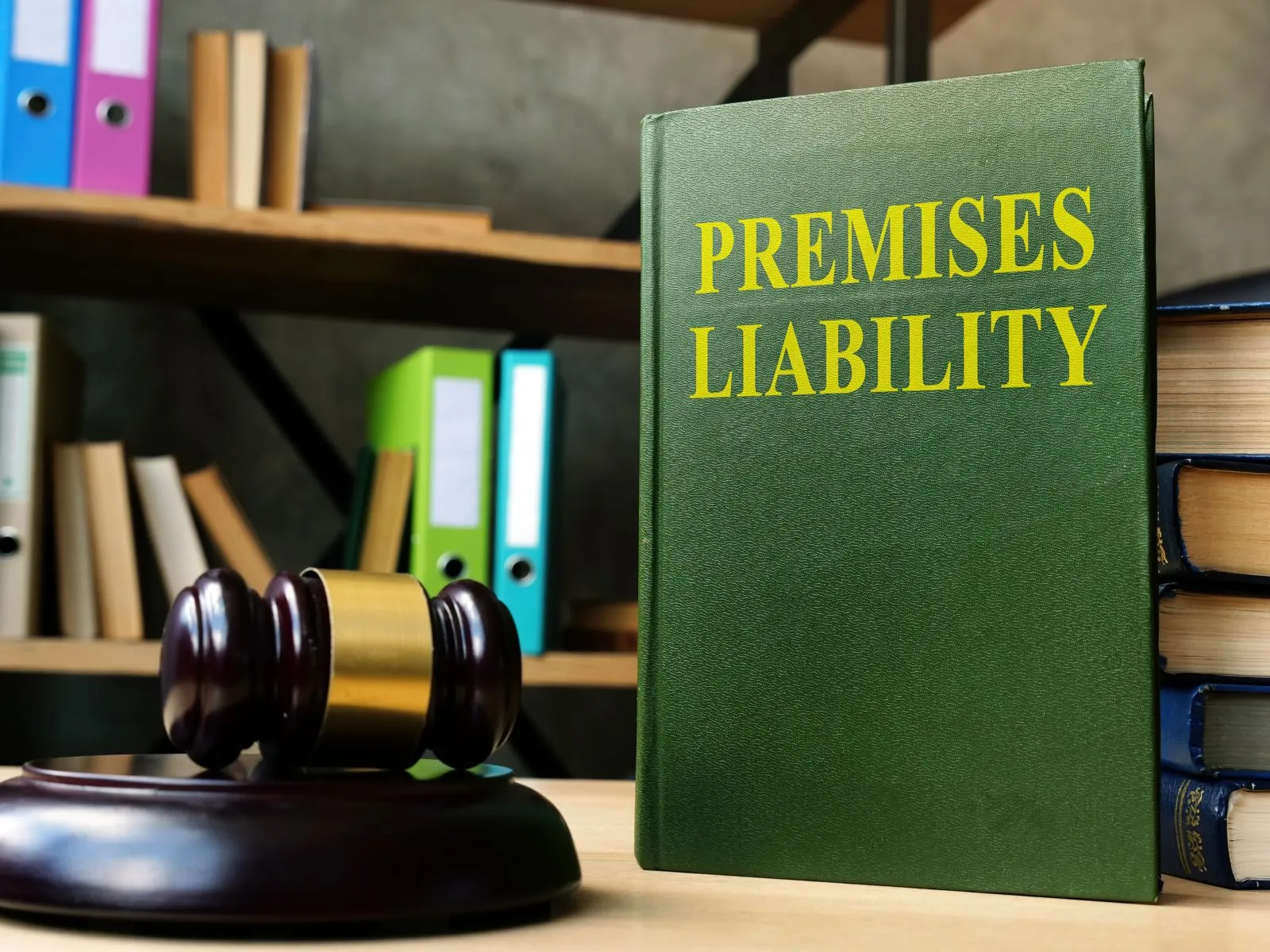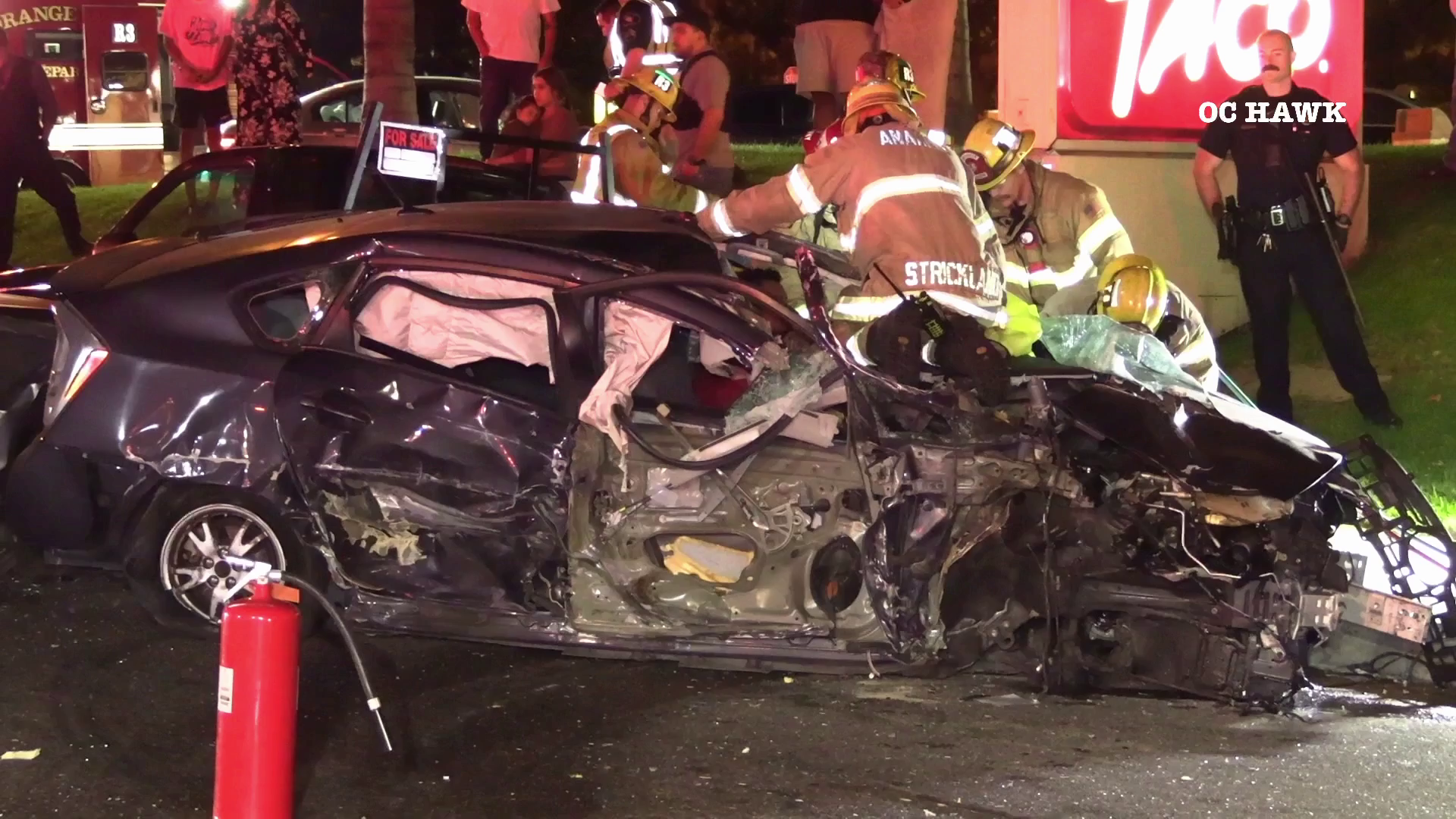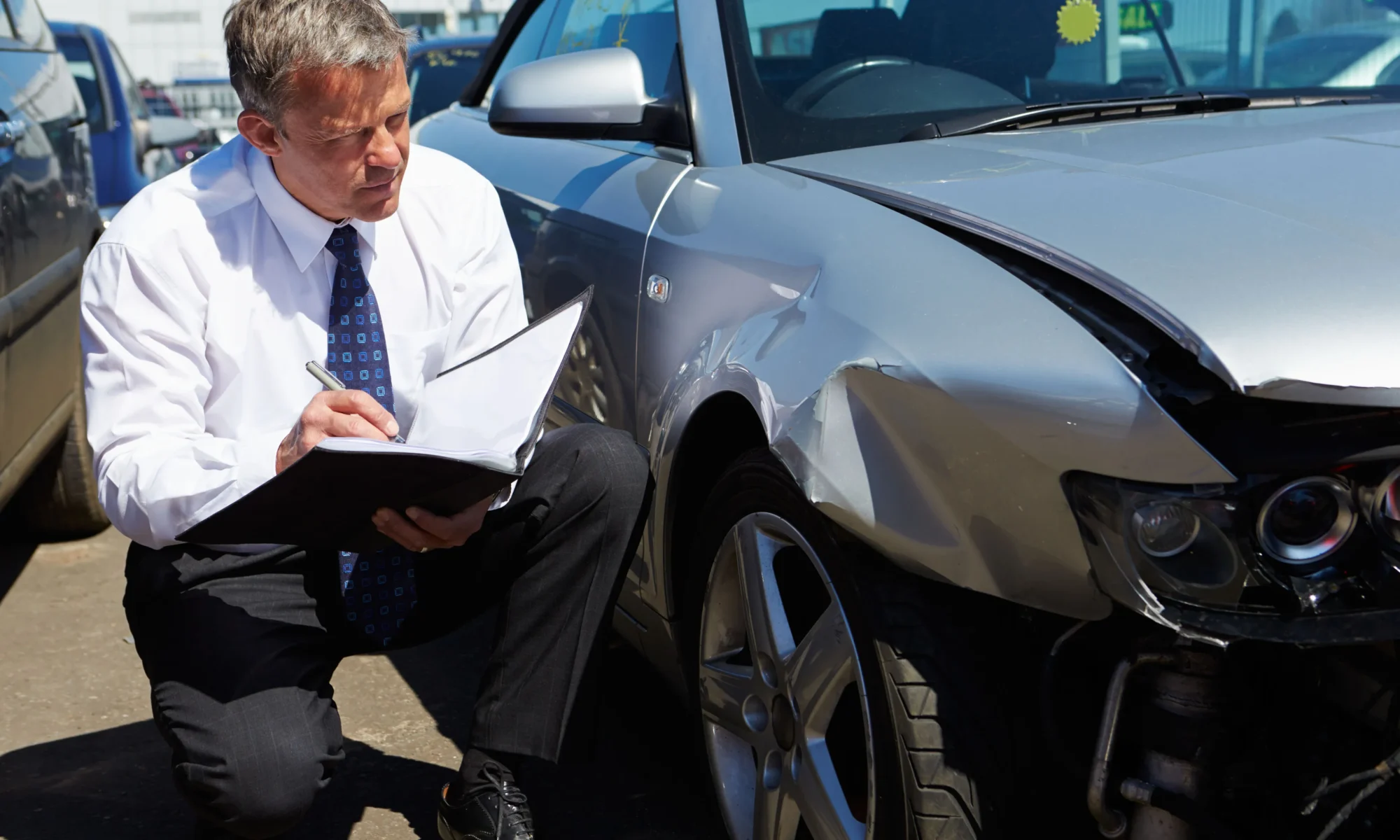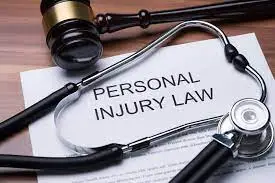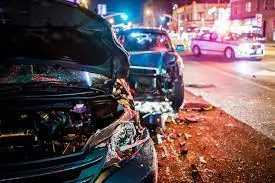How Long Does a Wrongful Death Lawsuit Take
Navigating the aftermath of a loved one’s untimely death due to someone else’s negligence can be a heart-wrenching journey, fraught with a mix of grief, anger, and an overwhelming desire for justice. In such trying times, the guidance of a seasoned wrongful death attorney in Georgia becomes a beacon of hope for families seeking to navigate the complex legal landscape that lies ahead. These legal professionals not only understand the deep emotional toll of your loss but also bring to the table the expertise and determination needed to fight for the justice and compensation your family deserves. As you embark on this legal journey, one pressing question stands at the forefront of your mind: How long does a wrongful death lawsuit take?
What Is Wrongful Death?
Wrongful death occurs when a person’s death results from the negligence, carelessness, wrongful act, or breach of duty of another individual or entity. In Georgia, this definition encompasses a range of scenarios, from car accidents caused by another driver’s negligence to fatal incidents due to unsafe premises or defective products. The law recognizes that the deceased cannot bring a claim themselves, so it allows certain family members or representatives of the estate to seek justice and compensation on their behalf. This is where the expertise of a wrongful death attorney in Georgia becomes invaluable, guiding grieving families through the legal complexities to hold the responsible parties accountable.
In the eyes of Georgia law, a wrongful death claim serves two main purposes: to compensate family members for the financial and emotional loss of their loved one and to act as a deterrent against future negligent or harmful actions. Given the profound impact of losing a loved one due to someone else’s actions, hiring a wrongful death attorney in Georgia is a critical step. An experienced attorney not only navigates the legal system on behalf of the deceased’s family but also ensures that the full extent of their loss is recognized and justly compensated. This legal support is crucial in helping families achieve a sense of closure and justice in the aftermath of a tragic loss.
How Long Does a Wrongful Death Lawsuit Take?
The timeline for a wrongful death case in Georgia can be quite variable, reflecting the complexity and unique circumstances of each situation. Generally, the process begins with the critical step of hiring a wrongful death attorney in Georgia, who will then file a lawsuit on behalf of the deceased’s estate or surviving family members. From filing to resolution, the timeline can range from several months to a few years. The initial stages involve gathering evidence, which includes everything from medical records to accident reports and determining the liable parties. This phase is followed by the discovery process, where both sides exchange information and evidence. Settlement negotiations may occur at any stage, potentially shortening the timeline if a mutually agreeable compensation amount is reached.
However, if negotiations stall or the parties cannot reach a settlement, the case may proceed to trial. A trial introduces a significant amount of variability into the timeline, as scheduling depends on the court’s calendar, and the trial itself can last from days to weeks. Following a trial, there may also be an appeals process, which can extend the timeline further. Throughout all these stages, having a skilled wrongful death attorney Georgia is invaluable. They not only provide expert navigation through the legal process but also advocate passionately on behalf of their clients, striving to expedite the process while ensuring that justice is served. The overarching goal is to achieve a resolution that honors the memory of the deceased and provides the family with the compensation and closure they deserve within the most efficient timeline possible.
Complexity of the Case
The more complex a case, the longer it typically takes to settle. Complex cases might involve unclear liability, multiple parties, or complicated legal or medical issues that require extensive investigation and expert testimony.
Amount and Nature of Damages
Larger claims, especially those involving substantial economic damages (like loss of future earnings) and non-economic damages (such as pain and suffering), can take longer to negotiate. Both sides may require detailed evidence to support their claims or defenses regarding the damages.
Willingness to Negotiate
The readiness of both parties to agree plays a significant role in the duration. If one or both parties are unwilling to compromise, the case is more likely to go to trial, which can extend the timeline significantly.
Insurance Companies
Often, the defendant in a wrongful death lawsuit will be represented by an insurance company. The policies and practices of these companies can affect the settlement timeline. Some insurance companies may prolong negotiations in an attempt to reduce the payout.
Legal and Court Scheduling
The legal process itself, including motions, discovery, and potential trial dates, can be lengthy. Courts may have backlogs that delay the start of a trial. If a case does go to trial, the court’s schedule will greatly influence the timeline.
Geographic Location
Laws and court procedures vary by jurisdiction, which can affect the settlement timeline. Some states or counties process cases faster than others due to differences in local court rules, the efficiency of the legal system, and the volume of cases.
Settlements vs. Trial
Many wrongful death lawsuits settle out of court because settlement is often faster and less costly than going to trial. When both sides can agree on a fair compensation amount, the process can be significantly shorter. However, if the case goes to trial, it can extend the timeline, sometimes by years, especially if there are appeals.
How to Expedite the Process
While much of the timeline is beyond the control of the bereaved family, working with an experienced wrongful death attorney can help navigate the process more efficiently. Negotiate effectively with the opposing party and insurance companies. Manage legal paperwork and court filings efficiently. Advise on when to settle and when to take the case to court, based on the specifics of the case and the interests of the family.
Tips for Navigating the Process
While the timeline of a wrongful death lawsuit can be unpredictable, there are steps you can take to navigate the process more smoothly:
Hire an Experienced Attorney
A knowledgeable wrongful death attorney in Georgia can provide invaluable guidance, help avoid delays, and often expedite the process. Read about “How to Fight a Wrongful Death Lawsuit” to know more the practical steps to take.
Be Prepared for Emotional Challenges
The legal process can be emotionally taxing. Consider seeking support from counseling or support groups to help cope with the stress and grief.
Stay Organized
Keep all documents, correspondence, and evidence well-organized. This can help prevent delays and make your legal team’s job easier.
Communicate Regularly with Your Lawyer
Stay in touch with your attorney, promptly providing them with needed information and asking questions about the status of your case.
The Value of Patience
It’s understandable to want swift justice and closure after a loved one’s wrongful death. However, the legal process is inherently slow and methodical. Patience is more than a virtue in these cases; it’s a necessity. The ultimate goal is to ensure that you and your family receive the full and fair compensation you deserve, which sometimes means enduring a lengthy process.
Conclusion
In the realm of legal battles, especially those as emotionally charged and complex as wrongful death lawsuits, the path to justice is fraught with challenges and uncertainties. However, the unwavering support and expertise of a wrongful death attorney in Georgia can illuminate this daunting journey, providing legal representation, compassion, and understanding during one of the most difficult times in a family’s life. These professionals stand as pillars of strength, advocating tirelessly for the rights and dignity of the departed, ensuring that their voices are heard and honored through the pursuit of justice.
As you contemplate navigating this challenging legal landscape, remember that the right attorney can make all the difference in bringing about a resolution that honors your loved one’s memory and secures your family’s future well-being. Shani Brooks Law emerges as a distinguished choice for those seeking exceptional legal representation rooted in empathy and expertise, embodying the pinnacle of commitment and care in the realm of wrongful death litigation in Georgia.
Ready to navigate the complexities of a wrongful death lawsuit? Trust Shani Brooks Law to guide you through the process seamlessly, ensuring your rights are protected every step of the way. Don’t let uncertainty linger – take action today, and let us help you pursue the justice and closure you deserve.
FAQs: How Long Does a Wrongful Death Lawsuit Take
How long does a wrongful death lawsuit typically take to resolve?
It varies significantly depending on factors like the complexity of the case, jurisdictional laws, and the willingness of parties to negotiate. Generally, it can take anywhere from several months to multiple years to resolve.
What factors can prolong the duration of a wrongful death lawsuit?
Complex legal issues, disputes over liability or damages, the need for expert testimony, and delays in court scheduling are common factors that can extend the duration of a wrongful death lawsuit.
Can a settlement be reached before going to trial, and how does this affect the timeline?
Yes, settlements are common in wrongful death cases and can significantly shorten the timeline, sometimes resolving the matter in a matter of months. However, the timeline can still vary based on negotiations and court approval of the settlement.
What happens if the case goes to trial?
If a wrongful death case proceeds to trial, it typically takes longer to resolve as both parties present evidence, witnesses testify, and the court deliberates. This process can add several months or even years to the overall timeline.
Are there any ways to expedite the process of a wrongful death lawsuit?
While each case is unique, efficient communication between parties, thorough preparation, and potential alternative dispute resolution methods like mediation or arbitration can help streamline the process and potentially shorten the timeline of a wrongful death lawsuit.

